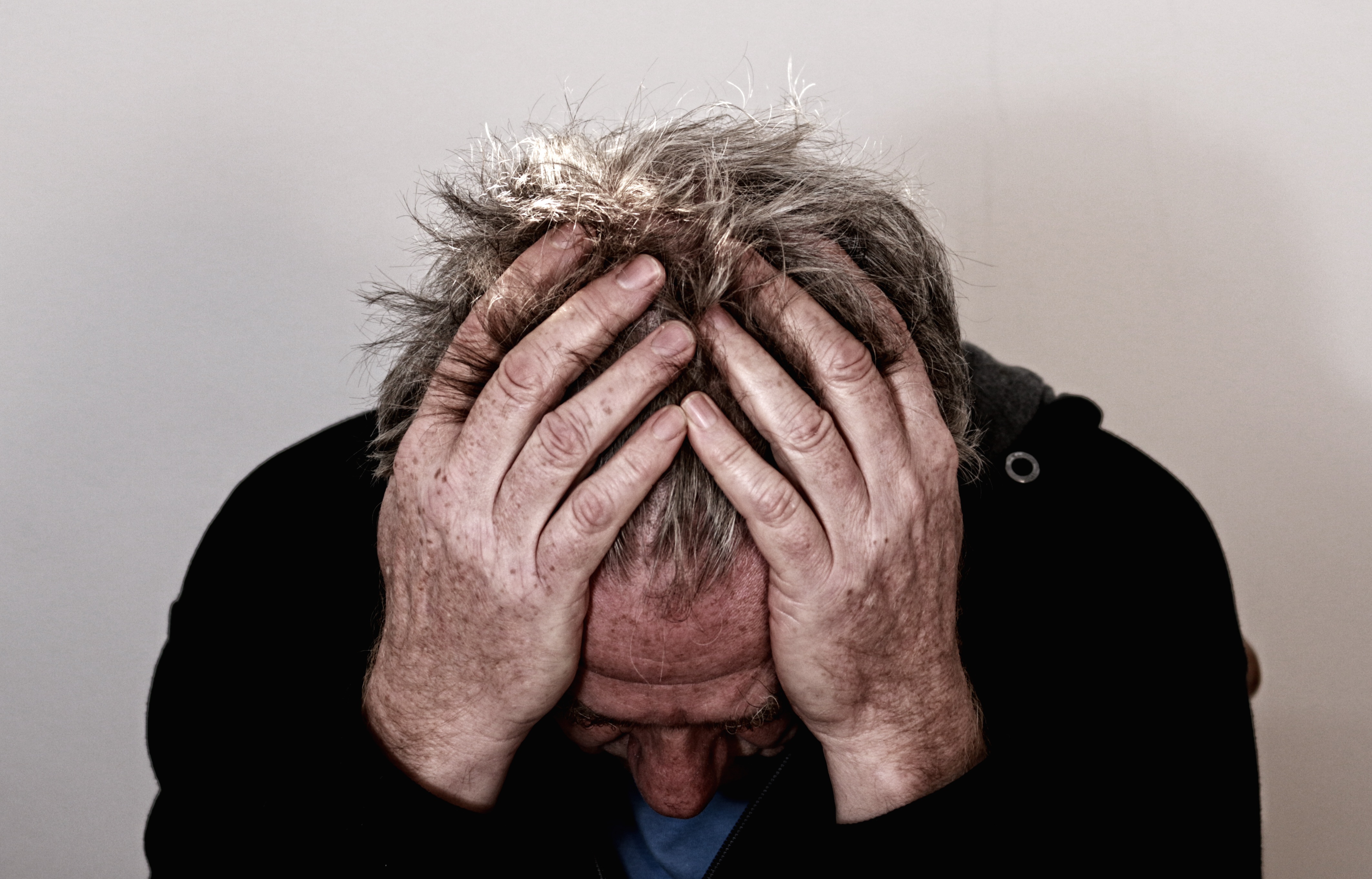News release
From:
Attachments
Note: Not all attachments are visible to the general public. Research URLs will go live after the embargo ends.

Journal/
conference: JAMA Network Open
conference: JAMA Network Open
Research:Paper
Organisation/s:
The University of Western Australia, National University of Ireland Galway, Ireland
Funder:
The INTERSTROKE study was supported by the Canadian Institutes of Health Research, Heart
and Stroke Foundation of Canada, Canadian Stroke Network, Swedish Research Council, Swedish Heart and Lung
Foundation, AFA Insurance, The Health & Medical Care Committee of the Regional Executive Board, Region Västra
Götaland, and unrestricted grants from several pharmaceutical companies, with major contributions from
AstraZeneca, Boehringer Ingelheim (Canada), Pfizer Inc (Canada), Merck & Co Inc, the Swedish Heart and Lung
Foundation, Chest, Heart and Stroke Scotland, and the UK Stroke Association. Additional support was from the
Irish Clinical Academic Training Programme, grant 203930/B/16/Z fromWellcome Trust and the Health Research
Board, the Health Service Executive, National Doctors Training and Planning, and the Health and Social Care, Research and Development Division, Northern Ireland (Drs Reddin and Judge) and COSIP grant 640580 from the
European Research Council (Dr O’Donnell).



 Australia; International; WA
Australia; International; WA


